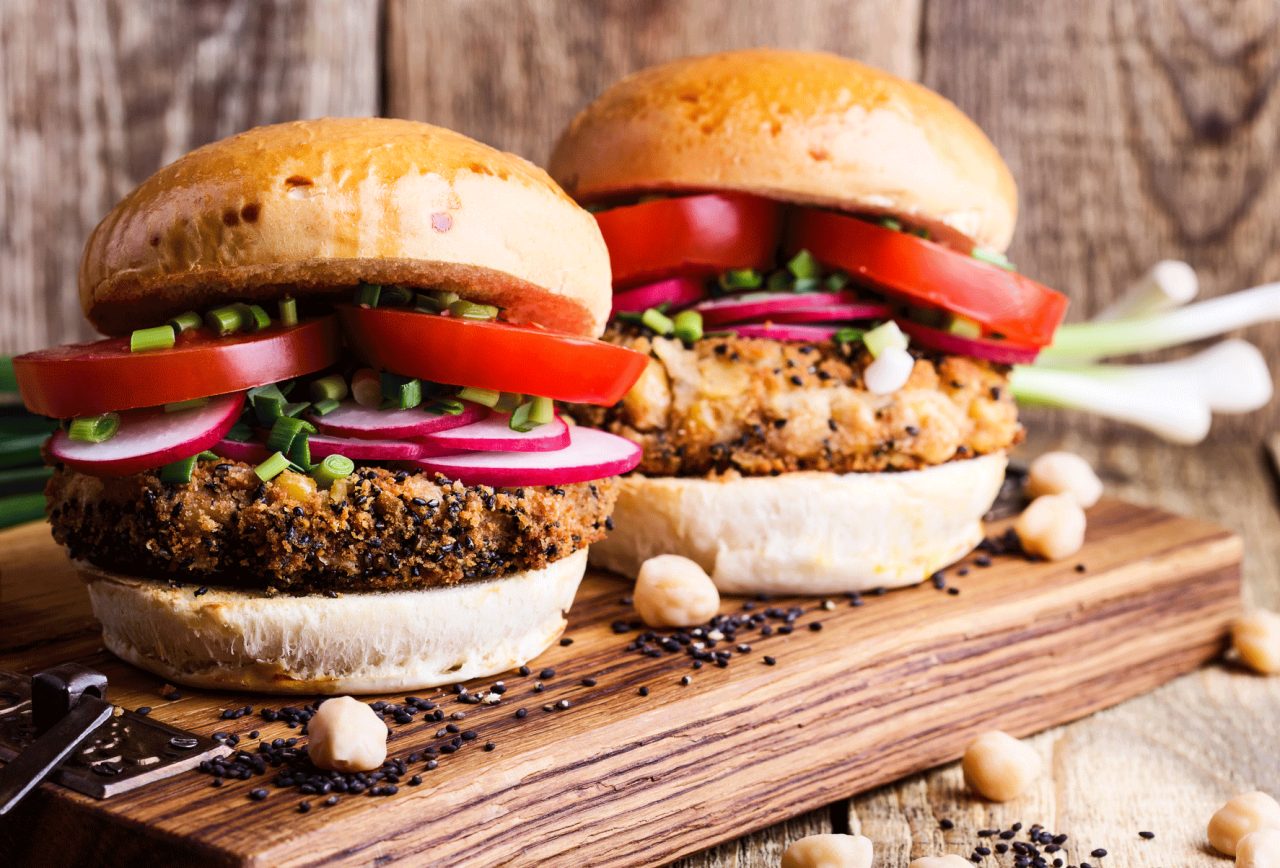Vegetarian Foods Are Not Always Healthy

Being vegetarian doesn’t mean that you’re eating well. Steer clear of processed junk food, and consider learning to cook plant-based cuisines.
There’s plenty of good science to back up the idea that plant-based diets are good for you. In particular, they may help you control your blood sugar and cholesterol. Steering clear of meat may cut your chance of heart disease by as much as 25 percent and your risk of cancer by 8 percent.
Some people cut out fish and animal products out of ethical concerns, such as the impact of this kind of food on the environment or the cruelty of industrial meat production.
Although less than 10 percent of Americans say they are vegetarian (cutting out meat and perhaps fish) or vegans (who cut out all animal products), it’s increasingly common to say you favor plants and eat meat, fish, and dairy only occasionally. According to a small survey, close to half of all U.S. adults and more than half of those ages 24 to 39 say they eat more plant-based meals than they do meat.
Whether you are vegetarian, vegan, or flexitarian — allowing yourself leeway — everyone needs to make sure their diets are healthful, with the right amount of calories, protein, and nutrients.
YOU MIGHT ALSO LIKE: How to Become Vegetarian to Prevent Heart Disease
Avoid junk food
Junk food sometimes comes in a wrapping that makes it look more healthful. Don’t be fooled into spending your money on food that isn’t good for you.
Commercially made foods that aren’t good for you include:
- Breads, pastries, cakes, and cookies
- Sweetened and diet sodas
- Sugary breakfast cereals
- Energy bars
- Many packaged meals (like noodles) to make quickly at home
Those foods tend to be high in fat and sugar, low on nutrients, and processed with industrial additives.
When you go vegetarian and find yourself hungry, you might be more inclined to “get something quick” like potato chips in the afternoon. Those small amounts make a difference: Even a 10 percent increase in your processed food diet may increase your risk of heart disease, stroke, some cancers, and type 2 diabetes.
Maybe you’ll grab an instant ramen noodle cup. Eating instant noodles regularly has been tied to a higher risk of metabolic syndrome, the cluster of symptoms tied to higher risk of heart attack, stroke, and type 2 diabetes.
Unless they are mindful of nutrition, vegetarians and vegans can end up with lower levels of iron, vitamin B12, calcium, vitamin D, and omega-3 fatty acids. They need to eat fruits, vegetables, nuts, and beans to replace animal foods, rather than an energy bar or noodle cup.
The best ways to stay healthy on a plant-based diet
Don’t rely on commercial meat-replacement products. In the past, vegetarians often lived on black bean burgers or products made with seitan (wheat gluten) or soy. Today, alternative meat may be made of pea protein (and sometimes other plant proteins), mixed with coconut oil, some form of gum or thickener, and flavoring that imitates meat, sometimes yeast extract. The Beyond and Impossible brands add zinc, niacin, B vitamins, among other nutrients.
Just remember that Beyond and Impossible burgers contain close to the same amount of saturated fat as a regular burger — and more salt. McDonald’s, Burger King, KFC, White Castle, TGI Fridays, and others are adding alt-meat products to their menus. It’s good to have the option, but you’re still eating fast food. The bun and other extras like ketchup and mayonnaise aren’t top on the list of nutritious foods.
Make sure you get enough protein. Plan during your day to eat legumes (beans, lentils, and peas), nuts, seeds, tofu, or tempeh — or eggs, dairy, or seafood if those foods are within your diet.
Eat your veggies. Nearly all Americans aren’t eating enough vegetables and fruits. Plant-food eaters will especially need them to fill up, or they’re likely to gain weight by overeating starchy carbs.
Choose whole grains. Oatmeal, brown rice, and quinoa are good choices. Substitute pastas are available to increase your protein, with quinoa or legumes and even nut flour.
Learn to cook a plant-based cuisine. Around the world, most people don’t normally eat meat the way Americans do. Draw on their deep well of knowledge. This list of South Indian cookbooks might arouse your interest. Ethiopian, Mexican, southern Italian (think minestrone soup), and Burmese are vegan-friendly cuisines.
Consider a plant-based meal kit. It takes time during your day or week, and experience, to land on enjoyable healthful meals you’ll eat regularly. You might start out with lots of enthusiasm but get distracted and slip into the ramen noodle, fast food alt-meat burger trap.
Many companies claim to provide foods that make your busy life easier: Sunbasket, Green Chef, Hungryroot, Purple Carrot, Daily Harvest, Veestro, HelloFresh, Splendid Spoon, Blue Apron, Sakara, Territory foods, and CookUnity all offer plant-based meals.
Although those services can be pricey, you might try one until you see which meals you like best, then learn to prepare them from scratch.
Updated:
April 28, 2023
Reviewed By:
Janet O'Dell, RN